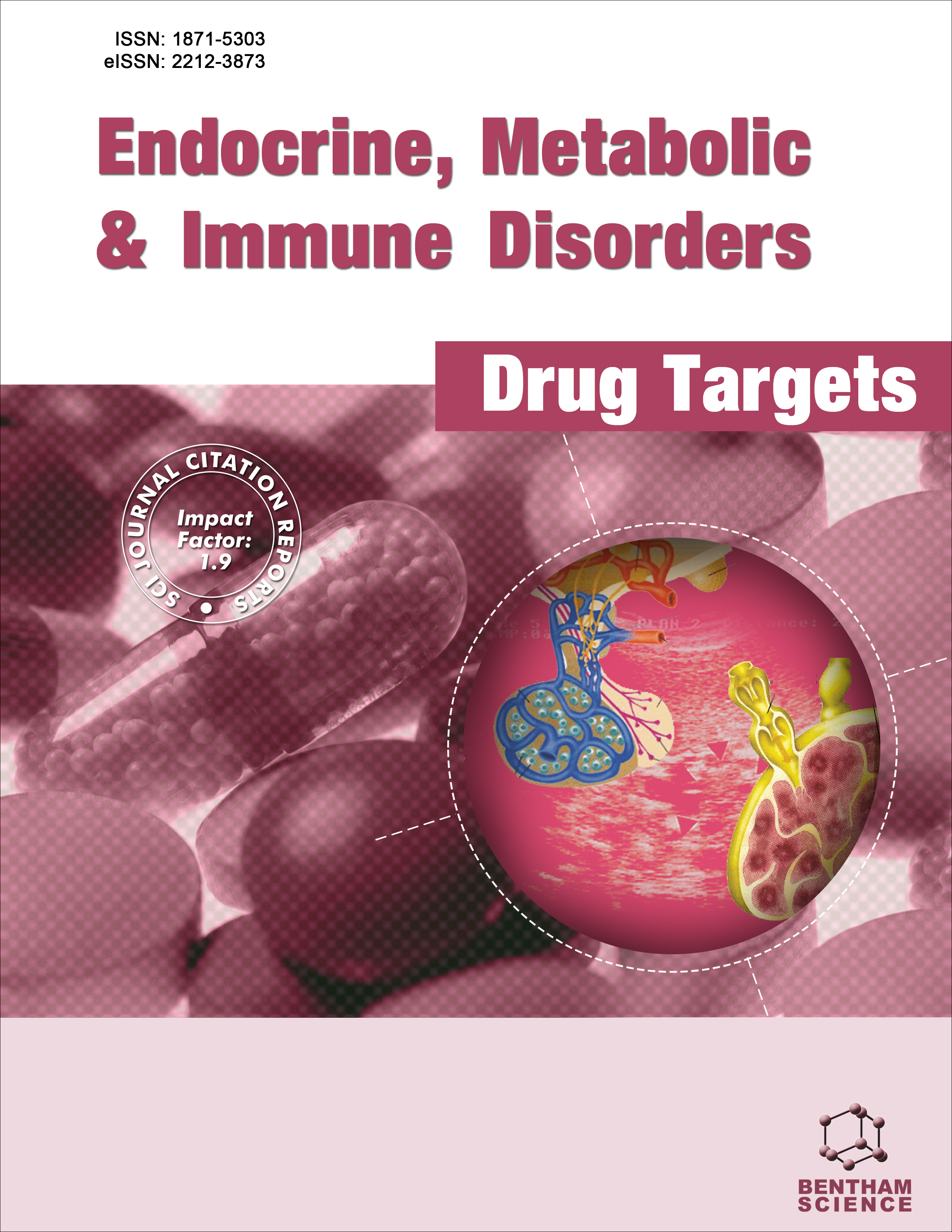-
s Evaluation of Specific Immune Responses to BoNT/A and Tetanus Toxoid in Patients Undergoing Treatment for Neurologic Disorders
- Source: Endocrine, Metabolic & Immune Disorders-Drug Targets, Volume 12, Issue 3, Sep 2012, p. 268 - 273
-
- 01 Sep 2012
Abstract
Botulinum neurotoxins (BoNTs) are used in the treatment of many neurological disorders. The primary structure of BoNTs shows a high degree of homology with the tetanus neurotoxin, the toxoid of which is used as a vaccine. Because of the potential cross-reactivity between these toxins, we investigated the effects of Botulinum neurotoxin A (BoNT/A) and tetanus toxoid on peripheral blood mononuclear cells (PBMC) and the corresponding serum antibody levels, in twenty patients who had been treated with BoNT/A. We observed very low PBMC immunostimulation by BoNT/A at the tested dose (15 units/ml), as demonstrated by the low lymphocyte proliferation, and the absence of detectable antibodies cross-reacting with tetanus. However, exposure of PBMC from tetanus-sensitized patients to both neurotoxins showed that BoNT/A exerted a co stimulatory effect on tetanus-stimulated cells. Interestingly, in flow cytometry analysis, BoNT/A seemed to also alter the ratio of naïve (CD45RA) : memory/effector (CD45RO) T lymphocyte subsets, in favour of CD45RO. These preliminary data give a new insight on the potential immune crossreactivity between the two antigens. In view of the wide use of both neurotoxins, these immunotoxic effects merit a more detailed investigation.


